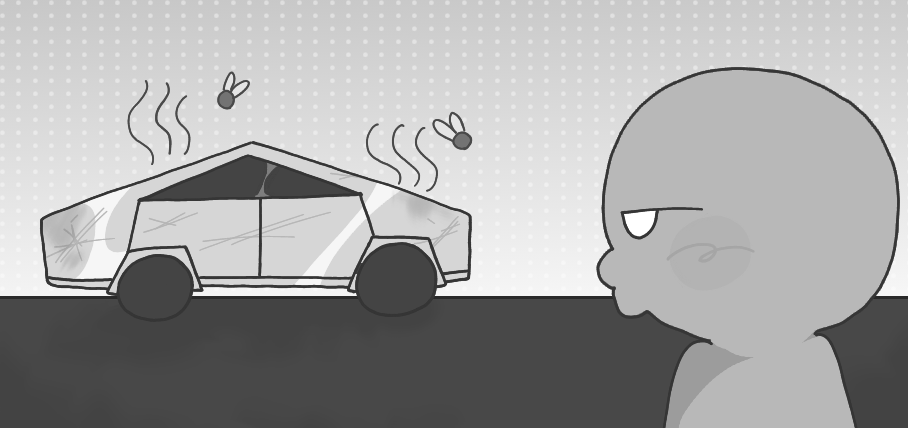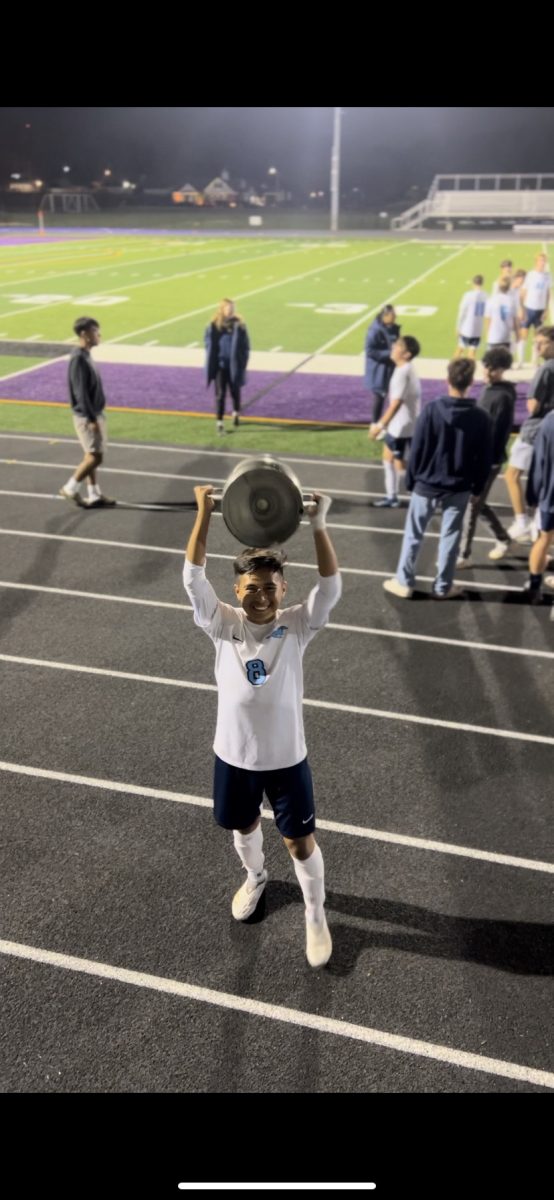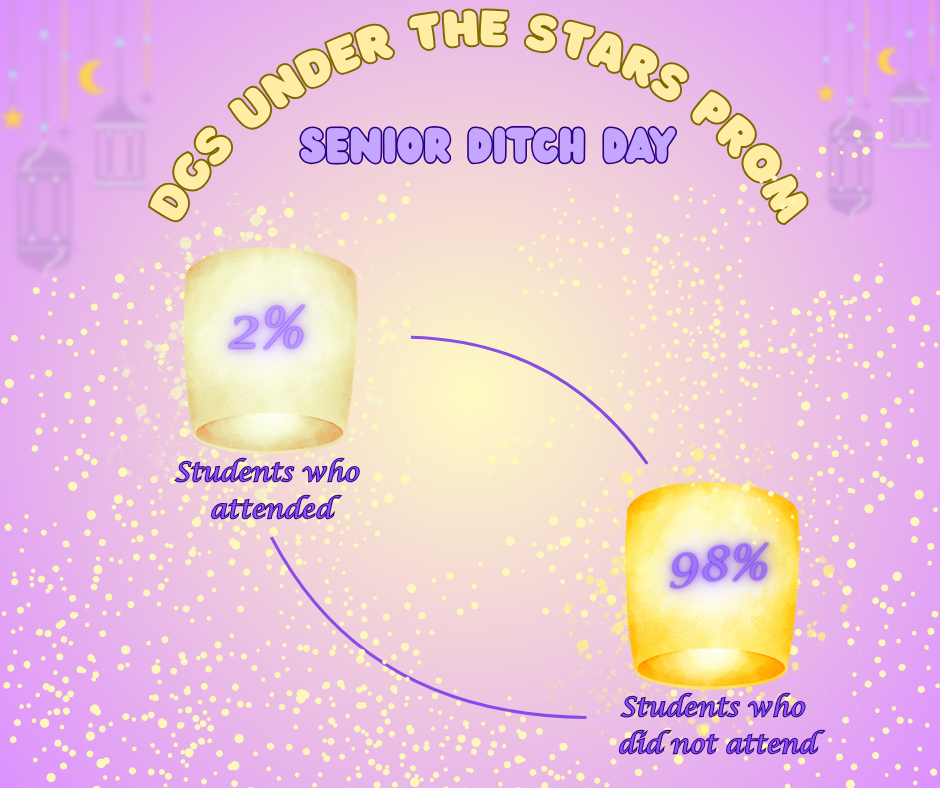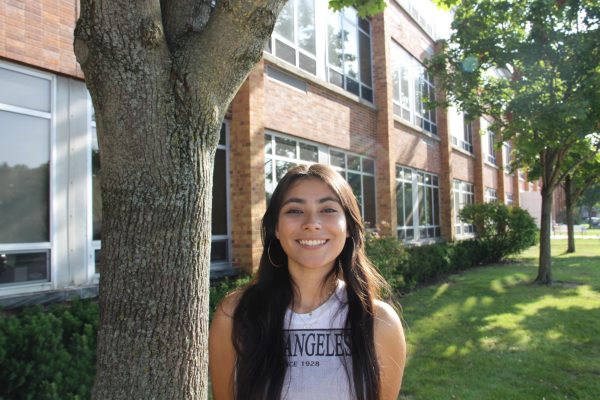When getting up at 5 a.m., the blurriness going in and out of one’s vision as they stumble into the bathroom and suddenly end up at school is an everyday pattern; walking the hallways with traffic and slow walkers is a part of the agenda of being a high school student. The reality for many DGS students is just a cycle of class and extracurriculars, trying their best to be successful, or more specifically, get into college. However, applying for college is growing more competitive, and students have noticed.
Junior Evangeline Selking, a member of the Chicago Symphony High School Orchestra, blueprint, DGS band, literary magazine, math team, SWENext and TRI-M music honor society keeps her schedule busy with many activities. She says that they’ve allowed her to expand her horizons and look accomplished for colleges.
“I genuinely love playing the flute, even though I am doing it for colleges. I still enjoy it. I want to push myself and take advantage of all the opportunities that are offered, especially because we have so many amazing courses and access to education,” said Selking.
Despite this, Selking reveals that she’s worried about her college prospects.
“I’m a little worried, especially because it’s so competitive these days and a lot of students have a lot of the same things on their applications. Sometimes it can come down to what the college wants rather than looking for good students. At the end of the day, it’s still kind of a game of luck,” said Selking.
That luck has dwindled. According to Premium Prep, Northwestern University’s acceptance rate was 33 percent in 2005 and nine percent in 2019. Premium Prep points to an increase in applications and test-optional applications as to why acceptance rates have declined.
On top of that, there is pressure on certain students. On June 23, 2023, the Supreme Court ruled in SFFA v. Harvard to end affirmative action, leaving marginalized students at a loss. This only makes it harder for students, especially people of color, to get into college.
Affirmative action being overturned also has a huge impact on first-generation students, as many colleges tend to consider legacy students in their admissions process. Similarly, Junior Lyia Zhang believes colleges and universities do not accept students based entirely on merit.
“I think it’s very competitive because some schools participate in nepotism, so it can be very hard. Even if you have really good grades and very good extracurriculars, they can still be like, ‘Hey, we don’t like you; we’re accepting this person because their parents went here,’” said Zhang.
With the competitiveness of applications on the rise, students like Selking and Zhang are concerned for their futures. Admissions officers often scan for uniqueness when reviewing applications, so students fill their schedules with as many activities as possible.
Moreover, according to a study by NYU, they found that many students suffer from chronic stress as a result of schoolwork and extracurriculars. They found that this high level of stress weakens mental health functioning and increases risky behavior. NYU mentions that these mental problems can persist even into adulthood.
As students have demonstrated, they know that the college application process is where everything counts. Filling out forms upon forms is another stressor for college students. Senior Mahi Shah knows that those forms are the make-or-break for whether students get into college.
“Right now I’m done with college applications, but during the college applications process time I was really stressed because I was trying to get everything done before the early action deadline,” said Shah.
Being original, challenging oneself and having a polished application is how to get into college, but it doesn’t stop there. The entire point of getting into college is to pursue a degree.
Senior Sarah Rashid finds value in the college degree. As the Pew Research Center found, around 60% of American adults agree with Rashid, saying that a degree is at least somewhat important to get a well-paying job in today’s economy.
“I think a college degree is really important because even if you don’t want to do anything right now, you’ll probably need it in the future at some point. Or if you want to change your path, you’ll still have something to look back at,” said Rashid.
As treading the waves to a degree becomes more difficult and students still find value in having a degree, students will begin to adjust their lives according to the expectations of colleges. So, whether colleges seek uniqueness or any other qualities, students will attempt to tackle the next standard expected from them by taking on more challenging classes and activities.



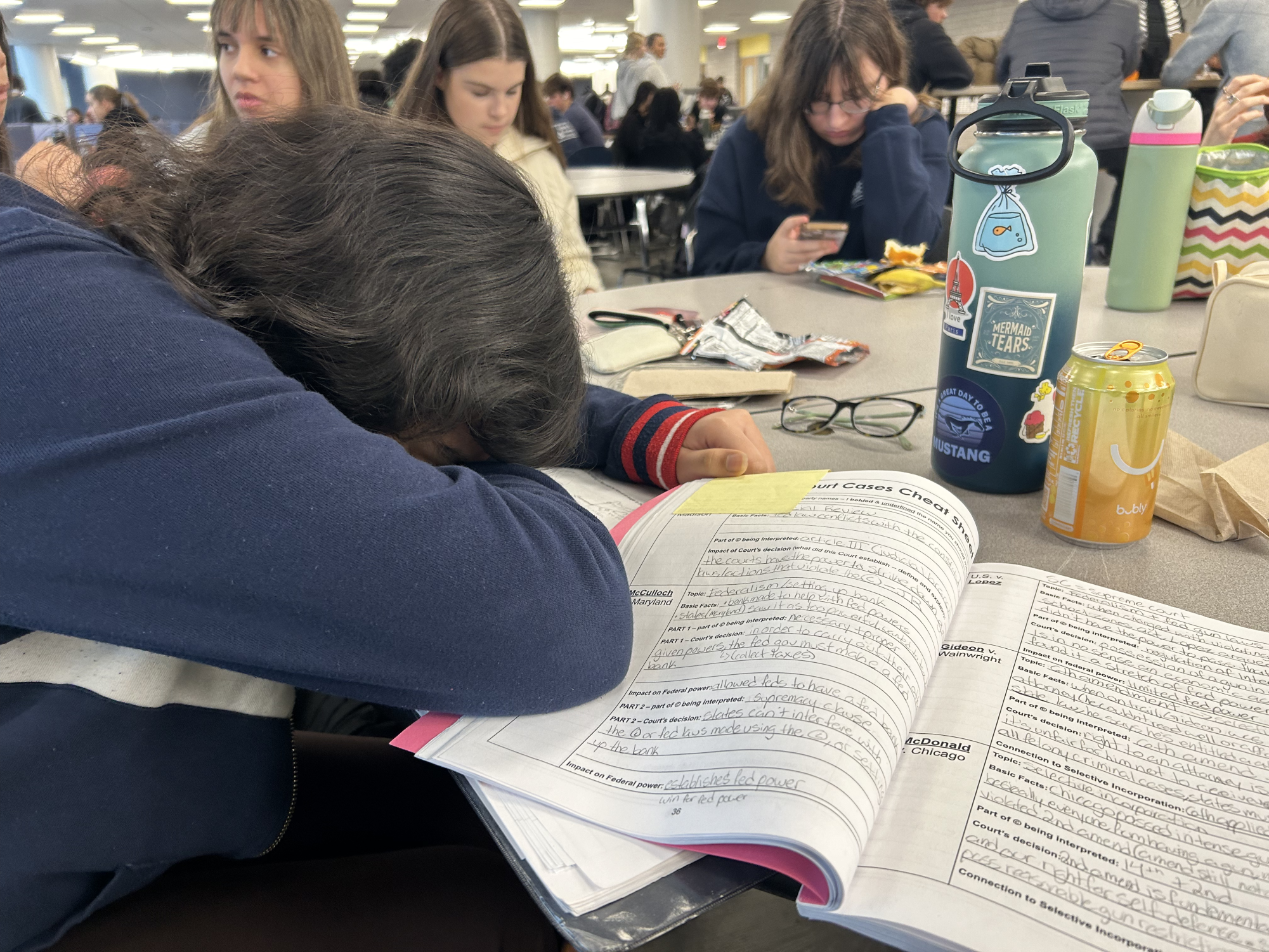


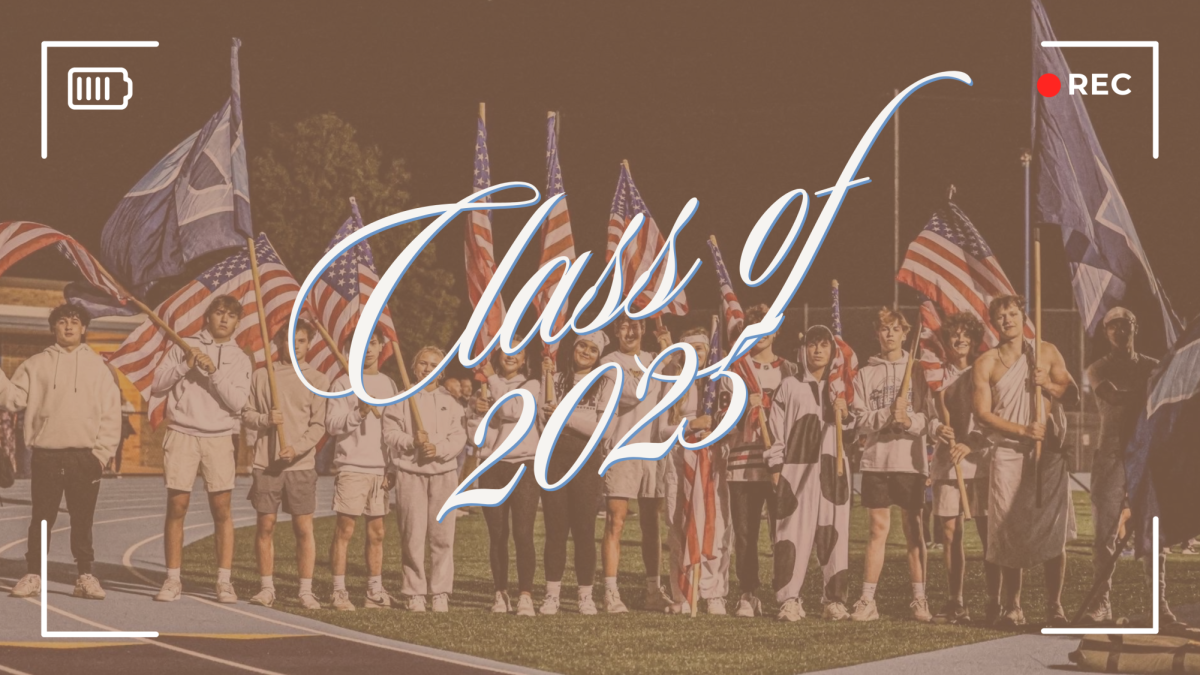
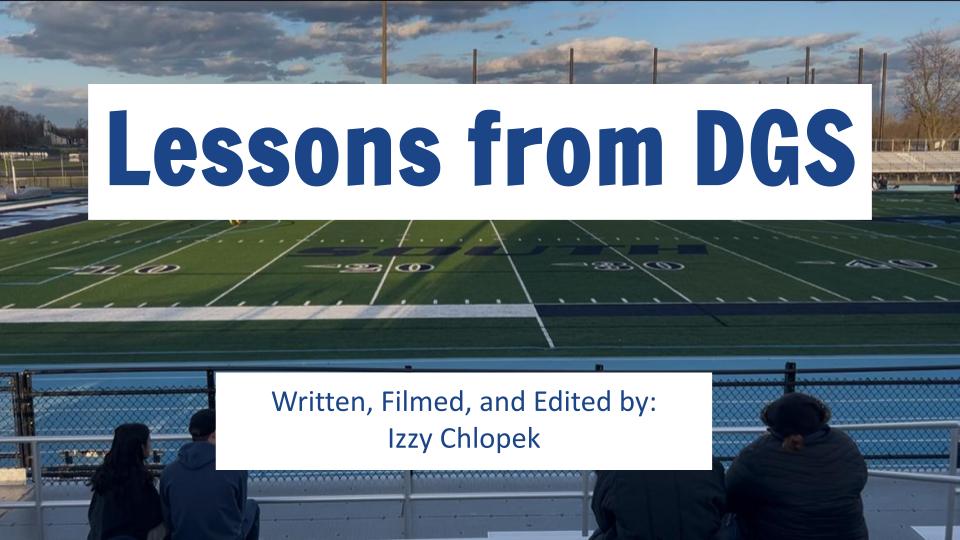

![In this documentary, you will learn how violins are made. All music is in the public domain:
Music Produced by Deutsche Grammophon, Medici TV, Heifetz Institute, and Queen Elisabeth competition
Paganini, Caprice No. 24 [Song recorded by Jasha Heifetz]. Heifetz Institute. (Original work published 1817)
Paganini, Caprice No. 24 [Song recorded by Jasha Heifetz]. Heifetz Institute. (Original work published 1817)
Bartok, Sonata No.1 for Solo Violin [Song recorded by Kevin Zhu]. Queen Elizabeth Competition. (Original work published 1944)
Paganini, Violin Concerto no. 1 [Song recorded by Philippe Hirshhorn]. Queen Elizabeth Competition. (Original work published 1819-1825)](https://southblueprint.com/wp-content/uploads/2025/05/Screenshot-2025-05-07-122429-1200x668.png)


